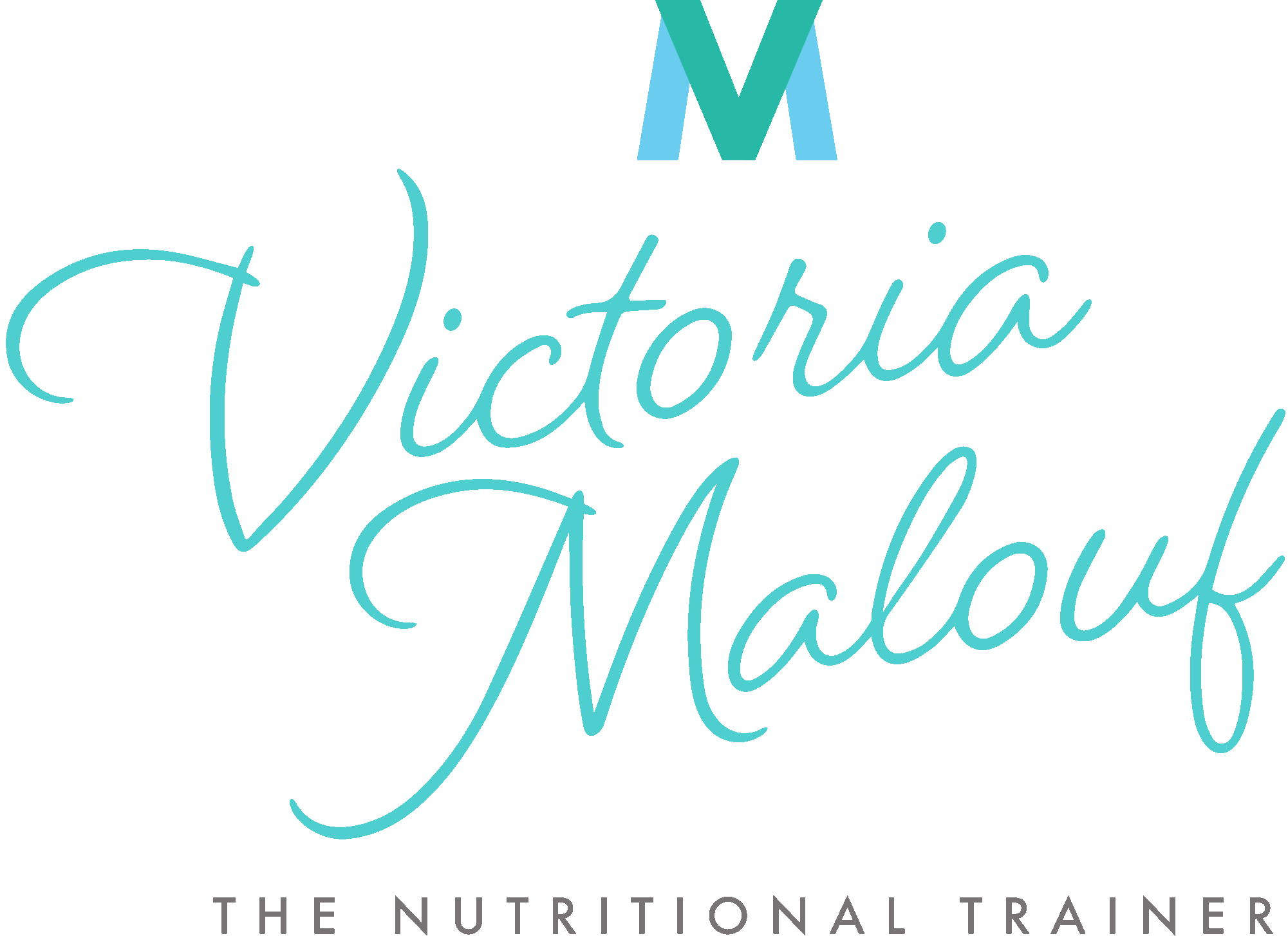How to beat the bloat
- Victoria Malouf

- Dec 10, 2018
- 3 min read
This would have to be one of the biggest complaints that my patients have when they come to see me. Bloating can be caused by a number of factors, namely eating too fast, due to an undiagnosed food intolerance, poor digestion and an imbalance of the good and bad bacteria in the gut after a course of antibiotics and general sickness.
Here are my tops tips to help reduce bloating
1. Gradually increasing your fibre intake
Many people fall short on eating the recommended amount of fruit and vegetables per day and therefore are not hitting their fibre intakes. Fibre is so important not only to improve digestive health and bowel movements, but also helps to lower cholesterol, regulate blood sugar and also insulin levels in diabetics. So when told to increase it, many then complain of symptoms like bloating, gas and abdominal pain from having increased their fibre intake so quickly. The best way is through gradually increasing your fibre intake each day to help reduce and minimise those symptoms but also help improve your digestive health in the long run.

2. Take probiotics
Most bugs in the gut do not cause any problems and are harmless when in low quantities. It is when certains ones become dominant that they can cause bloating, indigestion and constipation. To help ease this pain, a course of probiotics is usually suggested to help replenish the good bacteria in your gut that get depleted. Also, consuming more probiotic rich foods and drinks such as yoghurt, kefir, kombucha, tempeh, kimchi and miso will also help.
3. Eat smaller meals and eat slowly
Bloating and abdominal pain is significantly reduced when you decrease the amount of food that is consumed at one sitting. Having smaller, more frequent meals will help to reduce the load of food going through your digestive system at one time and allow it to fully digest what you have eaten before the next lot of food comes. Making sure to chew food properly and thoroughly is also very important in the role of digestion.
4. Don't drink water with meals - make sure it is 30 minutes pre or post meal.
Having water in small frequent sips, not huge glasses at one time, is going to ensure that it does not contribute to the bloating and bulk up the soluble fibre that you've eaten.
5. Rule out food intolerances and avoid trigger foods
One of the main symptoms of food intolerance issues is bloating and digestive discomfort. If you notice that you always feel particularly bloated or full after eating a particular meal/ type of food then it might be a good idea to do an elimination test. Eliminate that food out of the diet completely for 4 - 6 weeks and see how you feel. Generally it won't take that long to notice a difference and that you should start to feel a significant improvement within a few weeks after eliminating, This is advised to be done with the help of a qualified professional so that they can ensure that you are still getting your adequate daily nutrients.
6. Exercise daily
Moving your body can significantly help reduce bloating, especially walking. Exercise promote peristalsis which is the movement of food through the digestive track. When you are sedentary and don't exercise it is much harder for food to flow easily through your digestive system.

Image credit - ID 110965073 © Marilyn Barbone | Dreamstime.com





Comments